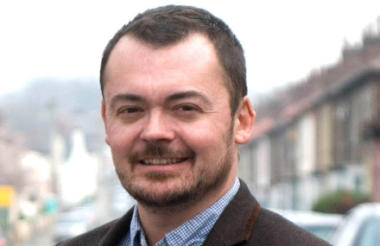Community member organisation Locality has responded to the Budget by calling upon the government to set up a £1bn Community Asset Investment Plan, to give “people a greater stake in their local areas”.
Tony Armstrong, chief executive of Locality, said the £1bn investment plan would “give local communities the means to shape their own futures”, and that Locality was campaigning for the fund as a means of helping local areas take control “of the activities and services that matter to them”.
“Incremental tinkering with the tax system and short-term cash bailouts to prop up failing public services are not going to cut it in the long run,” said Armstrong. “Ultimately, to meet the Government’s goals, we need to push power as far out of Whitehall as possible, and give local communities the means to shape their own futures.
“Locality is campaigning for a new £1bn Community Asset Investment Plan, to do just this and give people a greater stake in their local areas as well as control of the activities and services that matter to them.”
Armstrong made the comments as part of Locality’s response to yesterday’s budget announcements from the Chancellor Phillip Hammond.
Within the response, Locality also announced that it was “launching a new high-level Commission on Localism” to be chaired by crossbench peer Lord Kerslake. Locality said the commission would “to set out clear plans to put power closer to people”.
‘£2bn welcome respite for many hard-pressed services’
Locality welcomed the £2bn announced in yesterday’s Budget for social care as a “welcome respite for many hard-pressed services” but said the promised green paper on the issue needed to “grasp the nettle of how to keep people out of hospital and living health, happy lives in their communities”.
“The £2bn announced will be a welcome respite for many hard-pressed services. But it is crucial the forthcoming green paper on the long-term future of social care funding truly grasps the nettle of how to keep people out of hospital and living healthy, happy lives in their communities for as long as possible.
“We can only do this by supporting small local providers to win public service contracts and deliver well-rounded, person-centred services, as Locality’s Keep it Local campaign calls for.”
Related Articles












